Challenges of funding for green development
Mr. Tran Hoai Nam, Deputy General Director of HDBank , said that green development in Vietnam is facing two major challenges. These are capital and innovation capacity for green development.
Regarding capital sources, Mr. Nam cited information from the World Bank that by 2040, Vietnam will need 368 billion USD to achieve Net Zero. According to data from the State Bank of Vietnam (SBV), Vietnam's green credit balance as of June 30, 2023 is still quite modest, reaching nearly 528.3 trillion VND, accounting for about 4.2% of the total outstanding debt of the entire economy .
Therefore, Mr. Nam said that finding capital for green development is a challenge.
“When we work with financial institutions around the world , we often say that taking international financial capital for green development will be cheaper, but in reality it is no longer cheap. In fact, domestic capital is now cheaper than international capital. The interest rates of the Fed (US Federal Reserve) and European countries are at very high levels, higher than Vietnam, never before.
However, capital from international financial institutions is still important in the long term to move towards green bonds and green credit," said Mr. Nam.
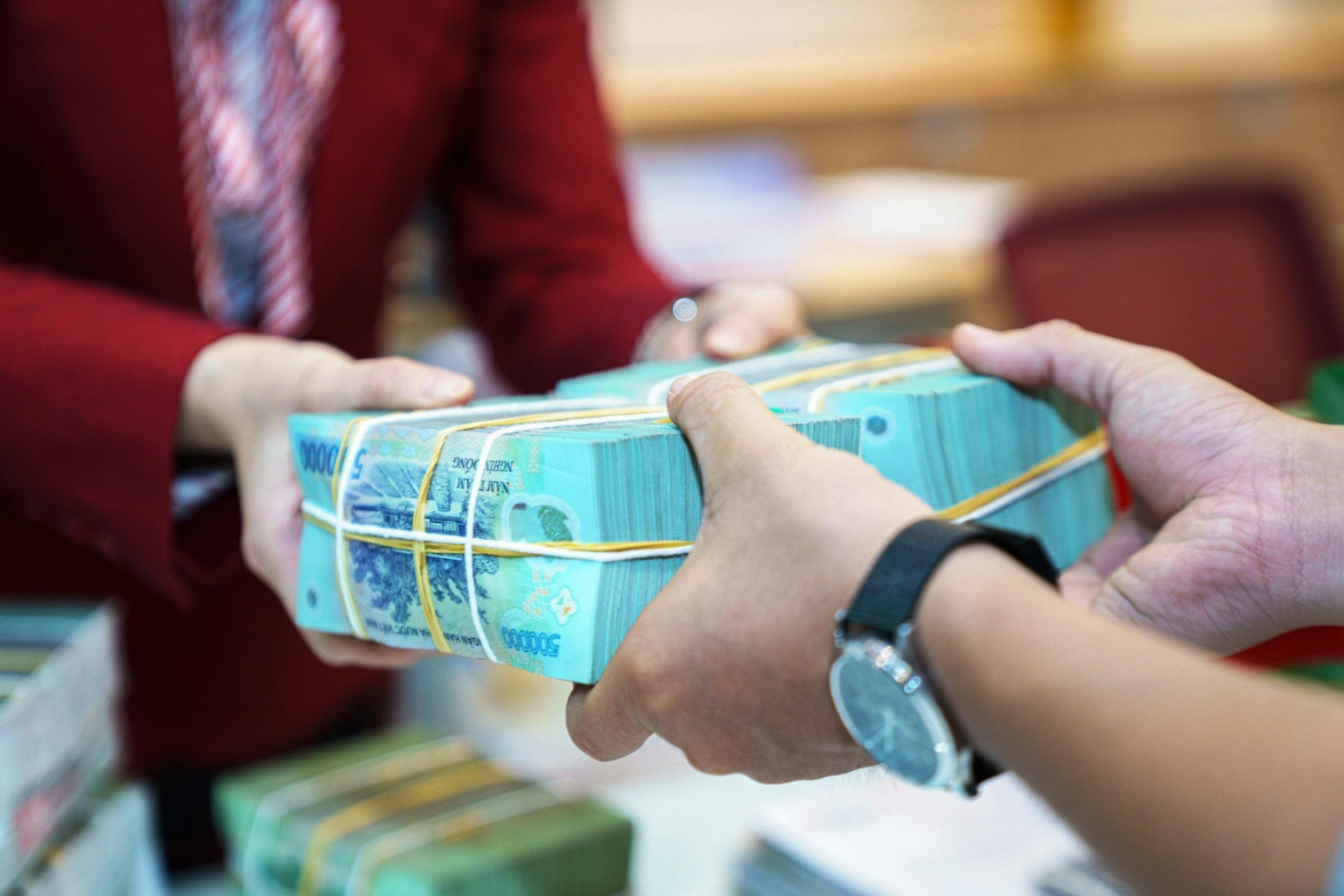
The second challenge is the capacity to innovate with green development, which includes infrastructure and production conditions; training of human resources and workers; governance standards, and information disclosure standards. Mr. Nam said that not all businesses are ready for this transition, especially in terms of investment capital and operations.
However, according to Mr. Nam, along with challenges there are always opportunities. Vietnam can access preferential capital sources. Many large financial institutions in the world and Vietnamese commercial banks have committed to supporting and continuously increasing the limit of green credit funding sources.
Green transformation will help reduce future costs and address environmental and sustainability issues.
In addition, green transformation also helps to improve credit rating, attract investment capital to businesses. Restructure production activities, human resources and labor productivity, and governance standards. From there, businesses increase competitiveness, expand markets, especially markets requiring green certification, and improve operational efficiency.
For the banking sector, the State Bank has approved the Project on Green Banking Development in Vietnam. The State Bank has also issued the Action Program of the banking sector to implement the National Strategy on Green Growth in accordance with each stage.
The regulator also requires commercial banks to develop regulations on environmental and social risk management in credit granting activities and promote green credit granting activities.
“The State Bank of Vietnam aims to increase the proportion of green credit in the economy to 10% by the end of 2025 from about 4.2% currently. This is a challenging number, but I think we will achieve it,” said Mr. Nam.
Bank financing for sustainable development
HDBank leaders said they have worked with IFC, Proparco, and ADB to promote green credit and achieved positive results.
The bank has also financed many renewable energy projects. Of these, it has allocated nearly VND8,000 billion for solar farm projects, more than VND6,100 billion for rooftop solar projects and more than VND750 billion for wind power projects. The total number of renewable energy projects that HDBank has financed is up to 625 projects.
Mr. Dinh Ngoc Dung, Deputy Director in charge of Corporate Banking, SHB Bank, shared that SHB always identifies its role and responsibility in "greening" investment capital flows for the goal of sustainable economic development.
Oriented for the period 2022-2027, SHB will focus on financing projects and production and business plans in 11 green fields, including: green agriculture, sustainable forestry, green industry, renewable energy - clean energy, recycling and reuse of resources, waste treatment against pollution, protection of the natural environment and natural disaster prevention, clean water management, green construction works, sustainable transportation, provision of environmental protection services, resource saving...
Meanwhile, Ms. Lam Thuy Nga, National Director of Large Corporate Banking at HSBC Vietnam, informed that after the Prime Minister announced the Net Zero commitment at COP26, HSBC committed to arranging 12 billion USD in sustainable development funding for Vietnam.
HSBC also coordinates with management agencies and organizations to develop action plans and share experiences from international markets.
“We have directly arranged 2 billion USD for projects, accompanying customers in green transformation, helping them transform technology, and building policy frameworks. In 2021, HSBC worked with Vingroup to build a green financing framework and arranged the first sustainable convertible bond,” Ms. Nga shared.
Nguyen Le
Source





![[Photo] Ready for the top competitions of Vietnamese table tennis](https://vphoto.vietnam.vn/thumb/1200x675/vietnam/resource/IMAGE/2025/5/18/9c547c497c5a4ade8f98c8e7d44f5a41)
![[Photo] Party and State leaders attend the special art program "You are Ho Chi Minh"](https://vphoto.vietnam.vn/thumb/1200x675/vietnam/resource/IMAGE/2025/5/18/6895913f94fd4c51aa4564ab14c3f250)
![[Photo] Many young people patiently lined up under the hot sun to receive a special supplement from Nhan Dan Newspaper.](https://vphoto.vietnam.vn/thumb/1200x675/vietnam/resource/IMAGE/2025/5/18/6f19d322f9364f0ebb6fbfe9377842d3)




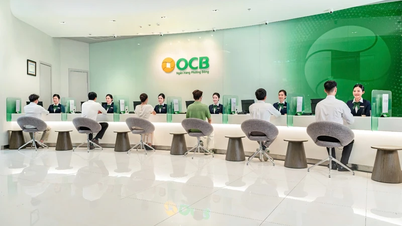


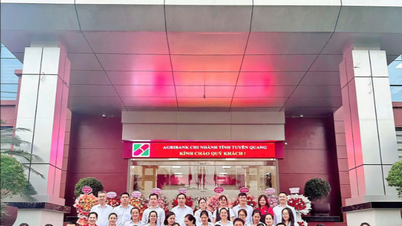







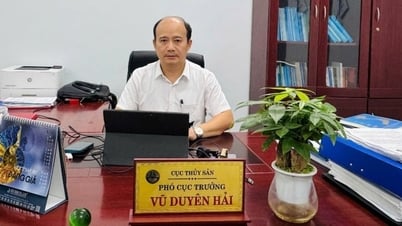














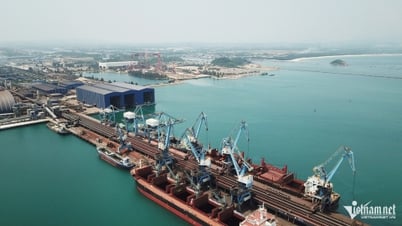





















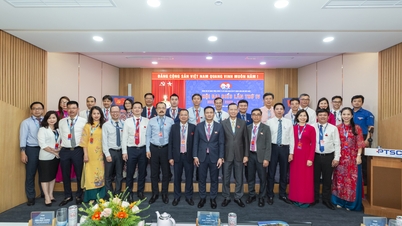








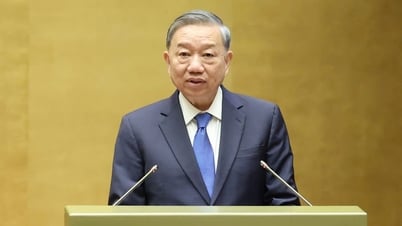









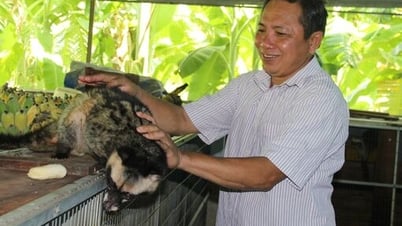





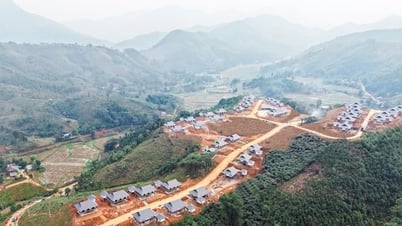











Comment (0)